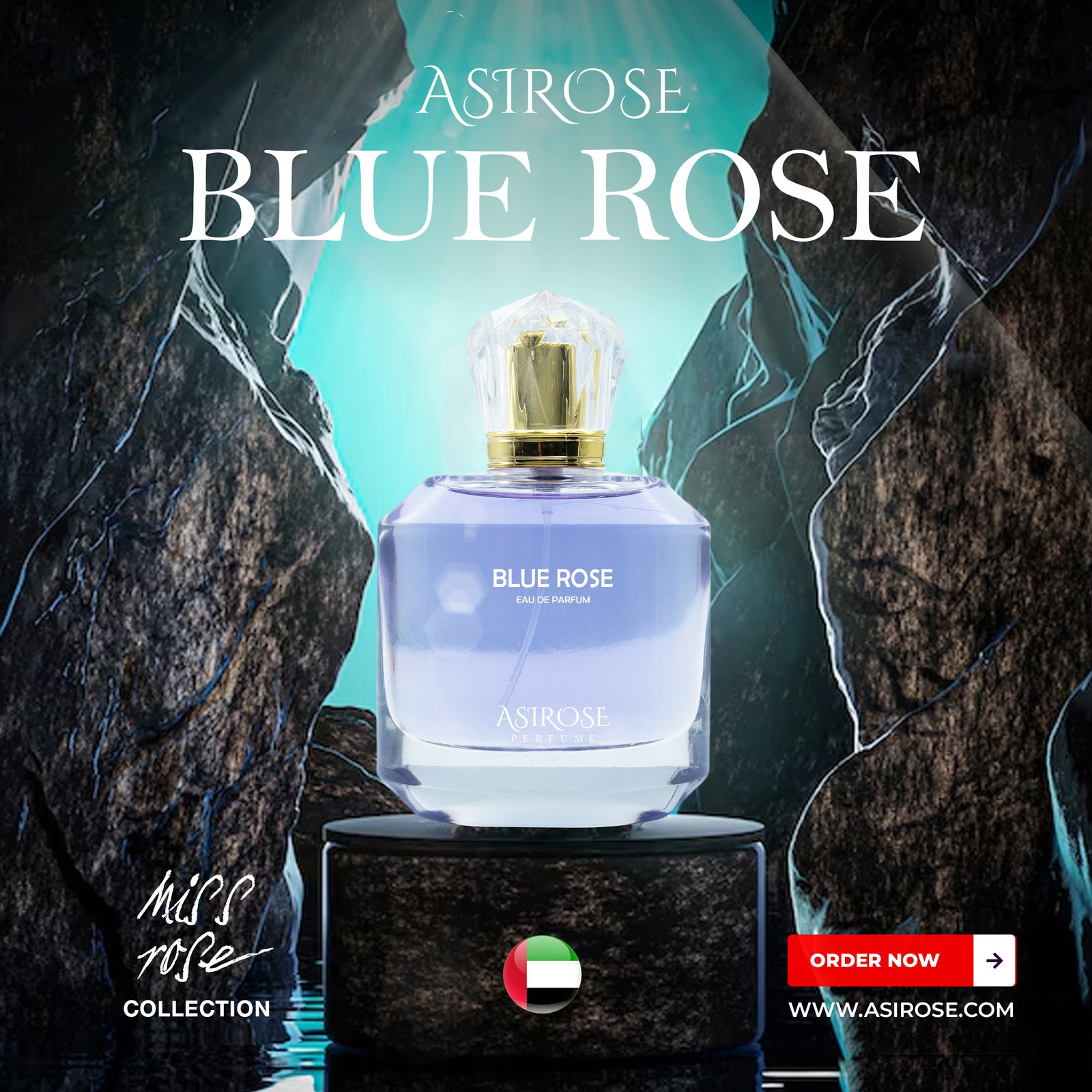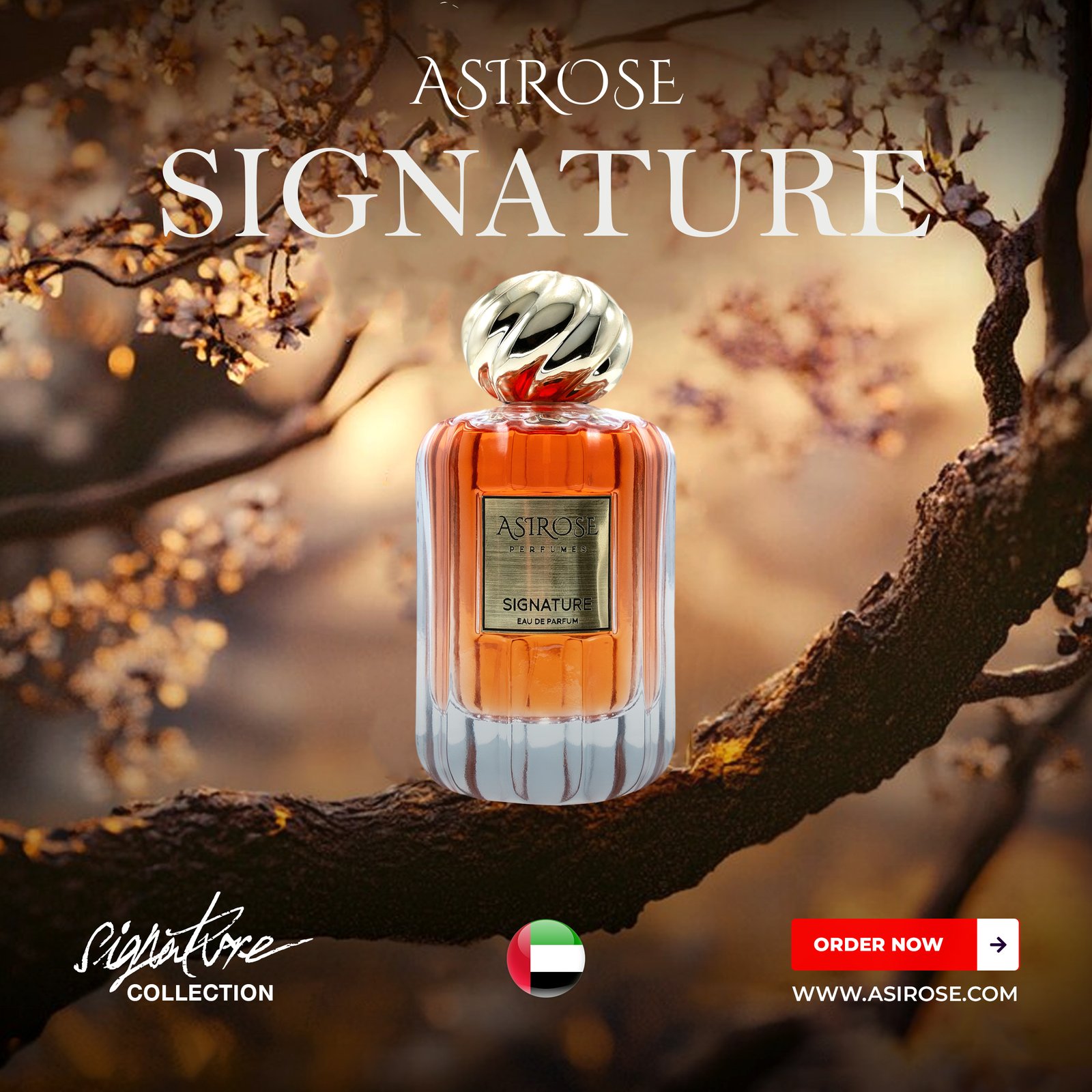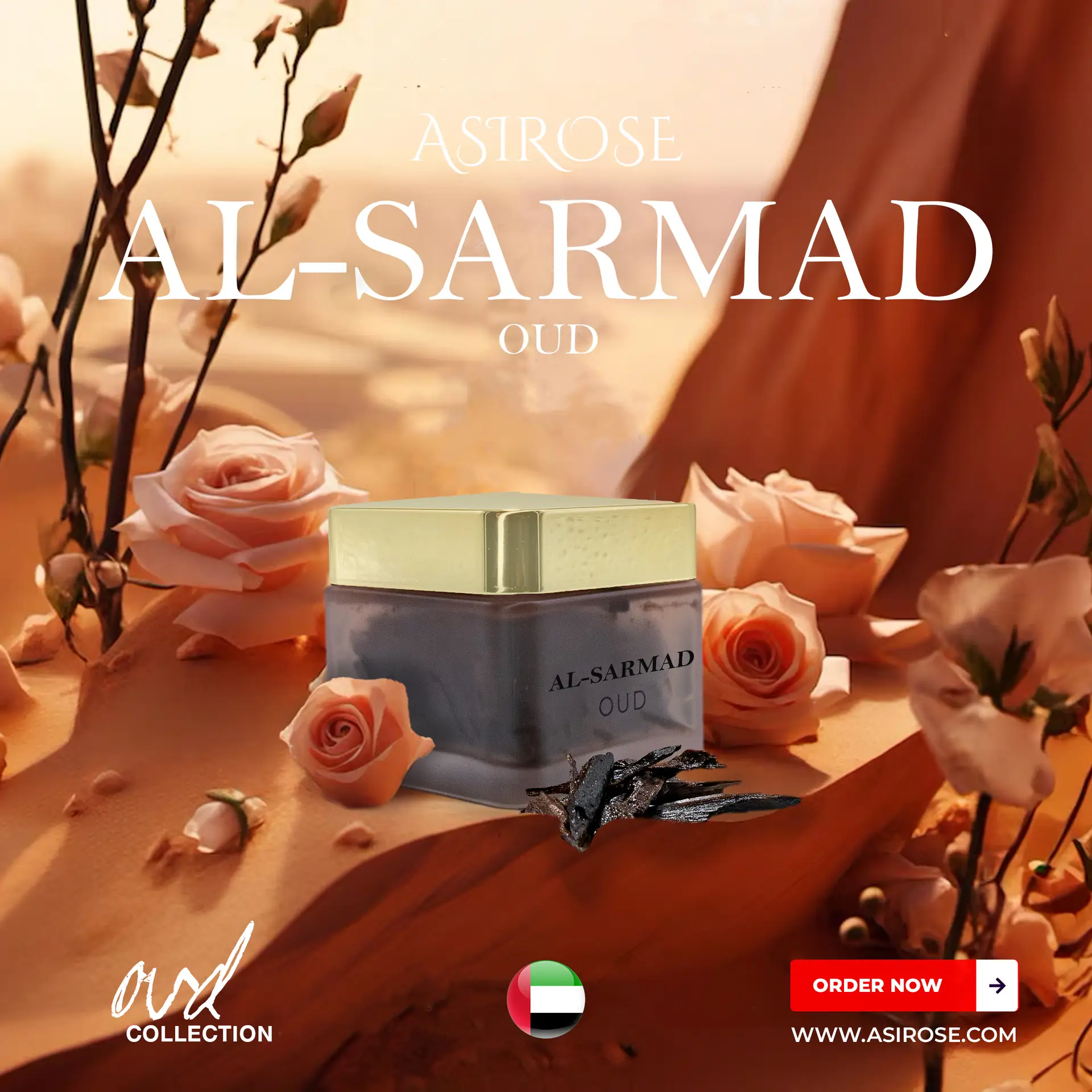
The Origins of Perfume in Ancient Mesopotamia
Perfume, a word that evokes luxury and sensuality, has origins that stretch deep into the cradles of early civilization. Among the earliest cultures to embrace the art and science of fragrance was Ancient Mesopotamia, a land nestled between the Tigris and Euphrates rivers—modern-day Iraq and parts of Syria, Turkey, and Iran. Often hailed as the birthplace of many fundamental human advancements, Mesopotamia also played a pivotal role in the development of perfumery.
A Fragrant Civilization
Perfume in Ancient Mesopotamia was not merely for personal adornment—it held religious, medicinal, and social significance. The Sumerians, Akkadians, Babylonians, and Assyrians all contributed to the development and use of aromatic substances, drawing from the region’s fertile environment and trade connections to source resins, herbs, spices, and flowers.
Mesopotamians believed that fragrance could connect humans with the divine. Aromatics were offered to the gods in temples, burned as incense in rituals, and used to anoint idols and sacred objects. Scent became a bridge between the mortal and the spiritual, with specific perfumes associated with particular deities.
Tapputi: The First Recorded Chemist
One of the most fascinating stories from Mesopotamian perfumery is that of Tapputi-Belatekallim, a woman who lived around 1200 BCE in Babylon. Mentioned in a cuneiform tablet, Tapputi is widely regarded as the world’s first recorded chemist and perfumer. She held a high-ranking position in the royal court and was known for her knowledge of distillation and extraction techniques.
Using ingredients like myrrh, calamus, oil, and flowers, Tapputi distilled perfumes through a form of early alchemy. She combined botanical knowledge with methodical procedures, showing an understanding of purification and solvent use that predated modern chemistry by millennia.




